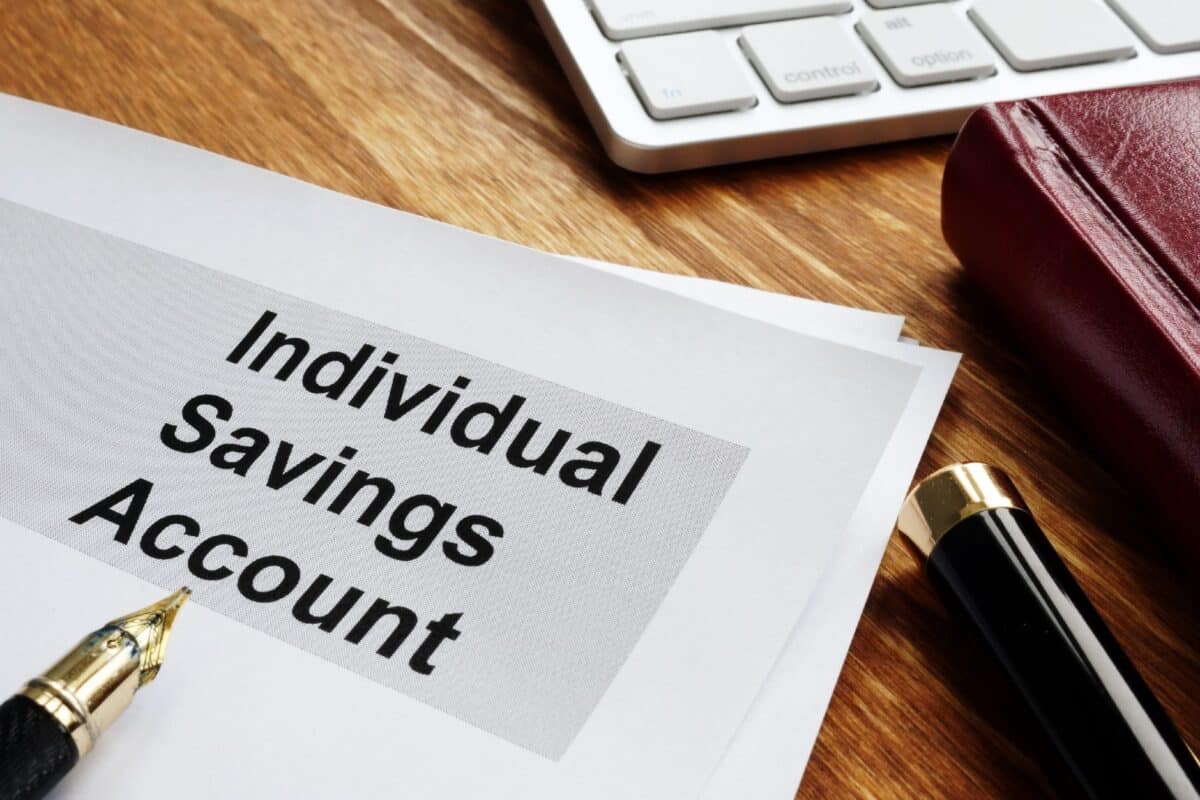For those of us fortunate to have a little to invest, the Stocks and Shares ISA might be one of the better things about living in this country. Its £20k tax-free allowance sounds pretty good alone. But there aren’t many countries that offer the equivalent of a £20k allowance every single year of your working life.
Tax-free
The tax-free nature of ISAs can’t be understated here. Capital gains can lop off 28% of returns and dividend taxes up to 39%. That sounds bad enough, but these big percentages don’t even do justice to the damage to the pound in your pocket.
Investing £200 a month at 10% for 30 years grows to the sum of £412,567. That’s a nice enough goal for a lifetime of working, saving, and investing. That sounds worth giving up the app-ordered takeaways and coffee shop splurges, maybe.
But that’s assuming the existence of the tax-free ISA wrapper. The impact of not having an ISA on returns isn’t simple, but let’s assume it winnows the rate down to 7%. Now we’re looking at £233,890. Nearly half the money has been redirected to the taxman! Not ideal.
Of course, even if we can count on sidestepping taxes with our ISAs, we need to understand that investing in the stock market comes with risks. None greater, perhaps, than that of choosing a bad company to place your money with.
Please note that tax treatment depends on the individual circumstances of each client and may be subject to change in future. The content in this article is provided for information purposes only. It is not intended to be, neither does it constitute, any form of tax advice. Readers are responsible for carrying out their own due diligence and for obtaining professional advice before making any investment decisions.
Power brands
Bad companies aren’t going to return 10% or anywhere near it, but good companies tend to have track records as high as that. Well, one of these that’s been on my watchlist recently is consumer goods behemoth Unilever (LSE: ULVR).
Unilever is built on its brands. The company is very proud of ’30 Power Brands’ including names like Hellmann’s, Persil, Dove, or Magnum. The management team doesn’t go too long on earnings calls without mentioning them either!
These names have achieved a kind of global domination with 4.4bn people worldwide using Unilever’s products and generating over £50bn in revenue in the last full year.
The focus on world-class consumer brands has been working well for the share price too. Since 2006, Unilever has returned 10.6% a year for anyone who owns the shares.
If that continues in the future, it would be excellent for wealth building, especially with those shares tucked safely away in the tax shelter of an ISA.
In terms of weaknesses, the company relies on the consumption of its products. A worsening global economy could therefore dent revenues. This is perhaps even more of a risk with current elevated levels of inflation.
Am I buying?
I don’t own the shares currently, but I expect I’ll open a position soon. The combination of well-loved products and diversified revenues seems too good to pass up. And of course, I’ll be adding it to my Stocks and Shares ISA!







